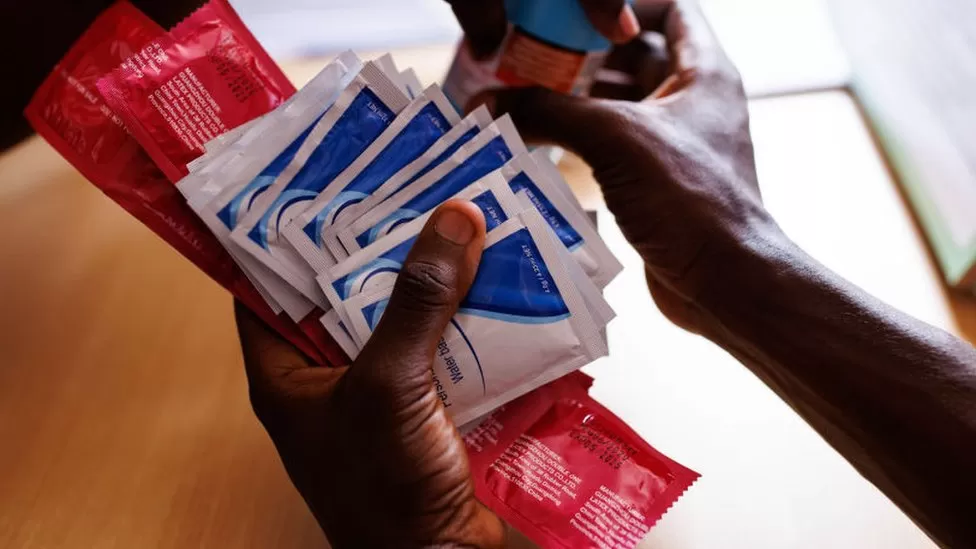Lawmakers kick against birth control for 15-year-old girls
Lawmakers in Uganda have dismissed a government proposal to grant 15-year-old girls access to birth control pills in an effort to combat high levels of teenage pregnancy.
Deputy Speaker Thomas Tayebwa strongly opposed the idea, describing it as “devilish” and claiming it would only encourage the “defilement” of young girls.
READ ALSO: Studies show that newborns develop language skills within hours of birth
A senior health ministry official argued that the stigma surrounding young people using contraceptives should be eradicated.
A survey states that nearly a quarter of Ugandan girls aged 15 to 19 are either already pregnant or have become mothers.
This rate saw a significant increase during the COVID-19 lockdown, when schools were closed for nearly two years.
During a heated parliamentary debate, MP Lucy Akello questioned whether the proposed measure implied lowering the age of consent from the current 18 years to 15, as reported by the state-owned New Vision newspaper.
She expressed her concerns, deeming the idea of offering contraceptives to 15-year-old girls as “scary.”
Ms. Akello disclosed that she personally did not use contraceptives, opting for natural methods, which she claimed were “God-given.”
Responding to the debate, Primary Healthcare Minister Margaret Muhanga clarified that the proposal had not been officially approved by the government and had only been suggested by a senior medical officer, Dr. Charles Olaro.
She posed a thought-provoking question, asking whether it was better for young girls to get pregnant and potentially face life-threatening complications during childbirth. Muhanga emphasized the alarming number of teenage pregnancies.
Dr. Olaro, in an interview with the privately owned Daily Monitor newspaper, argued that access to reproductive health information was not just a matter of choice but a fundamental right.
He emphasized the importance of creating an environment where young people can access sexual and reproductive health information and contraceptives without fear of stigma, discrimination, or judgment.
Nevertheless, the deputy speaker firmly declared that the proposal “should never see the light of day.”
Uganda is a deeply religious society, and religious leaders have also voiced their opposition to the proposal, advocating for abstinence among teenagers as the preferred solution.
Follow the Neptune Prime channel on WhatsApp: https://whatsapp.com/channel/0029Va74ZvU2v1IqKByXoX3d
Do you have breaking news, interview request, opinion, suggestion, or want your event covered? Email us at neptuneprime2233@gmail.com


